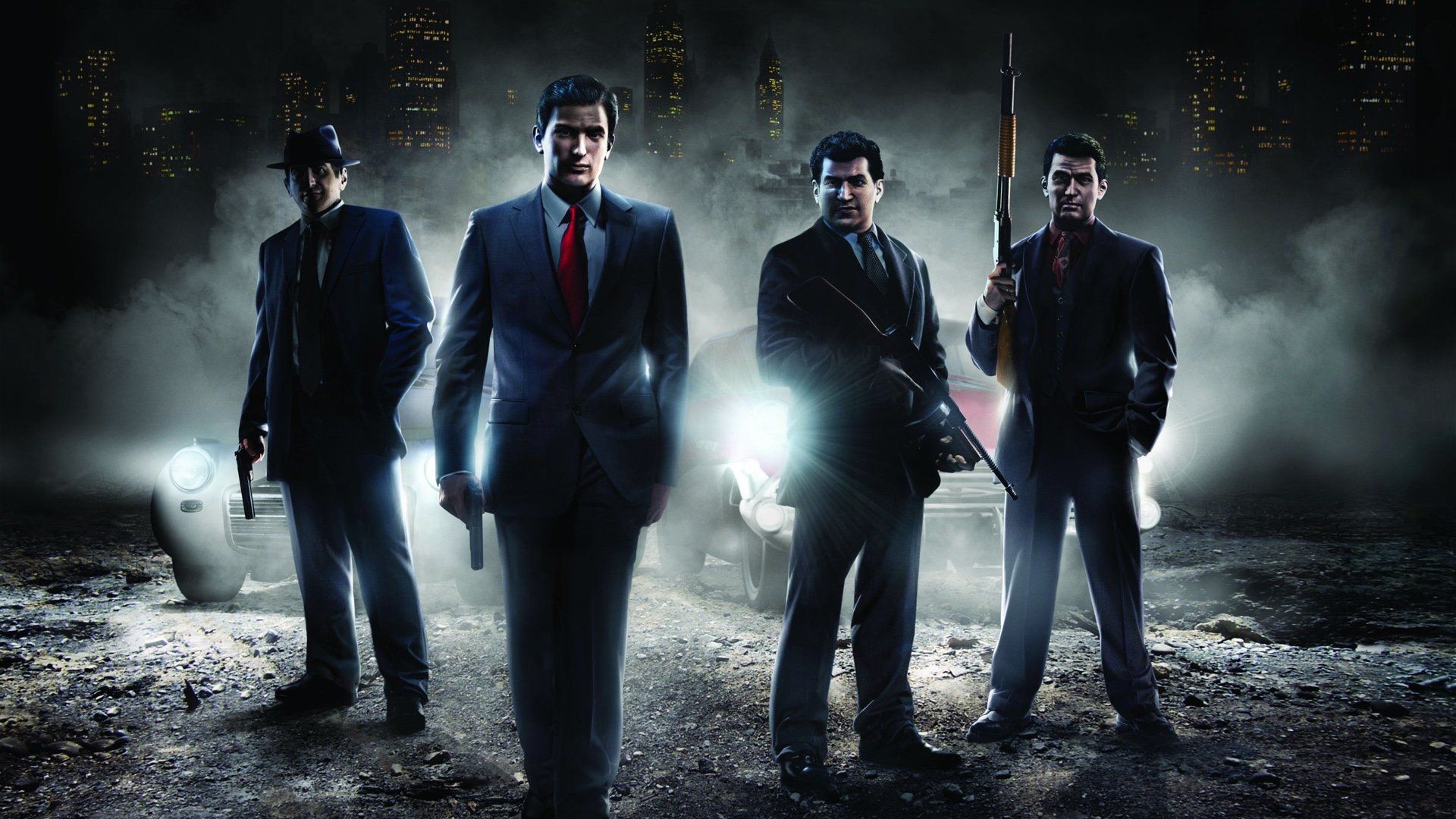
FAQ About Mafia Trope
Do Mafia-themed books glorify or romanticize organized crime?
The portrayal of organized crime in Mafia-themed books can vary, and while some books may unintentionally or inadvertently glorify or romanticize aspects of the Mafia, it is not a universal trait of the genre. It is important to distinguish between the intention of the author and the reader's interpretation.
Some Mafia-themed books may present an idealized or glamorized view of the criminal lifestyle, focusing on the power, wealth, and loyalty within crime families. These books may romanticize the allure of the Mafia and its characters, leading some readers to perceive organized crime in a more positive light. This can be attributed to factors such as compelling storytelling, complex characters, and the fascination with the forbidden or the morally ambiguous.
However, many Mafia-themed books also strive to portray the dark and destructive consequences of organized crime. They may explore themes of violence, betrayal, the erosion of moral values, and the far-reaching negative impacts on individuals, communities, and society as a whole. These books aim to provide a more realistic and balanced portrayal of organized crime, highlighting its destructive nature rather than romanticizing it.
It is essential for readers to approach Mafia-themed books critically, recognizing that they are works of fiction and that real-life organized crime is far from glamorous. It is the responsibility of authors to ensure that their portrayals accurately convey the realities of the Mafia, and it is up to readers to interpret the narratives with a discerning perspective.
Ultimately, while some Mafia-themed books may inadvertently romanticize or glorify organized crime, the genre as a whole encompasses a wide range of perspectives and intentions. It is important to engage with the literature critically and consider the broader themes, messages, and ethical implications presented in these works.
